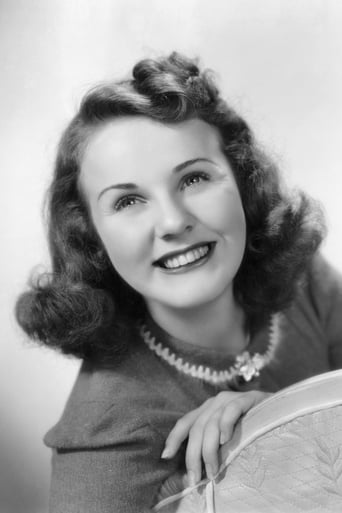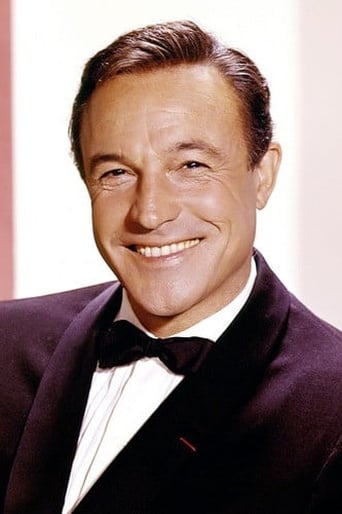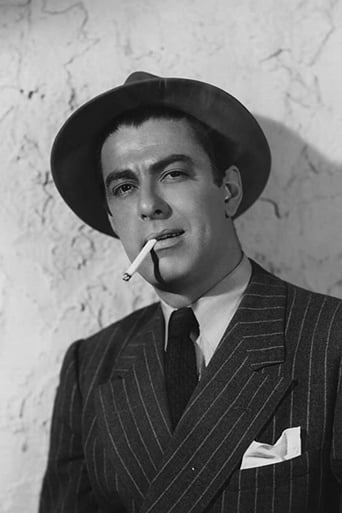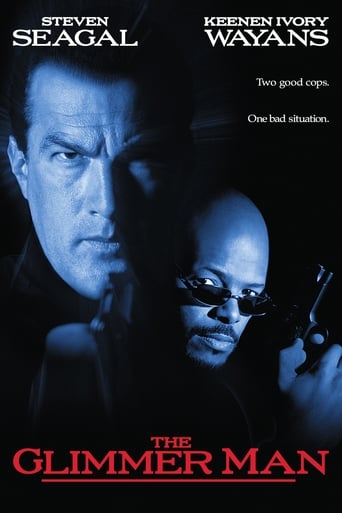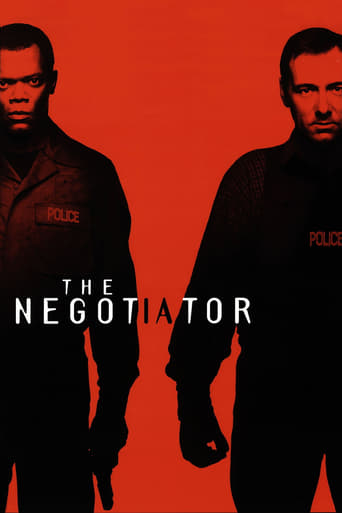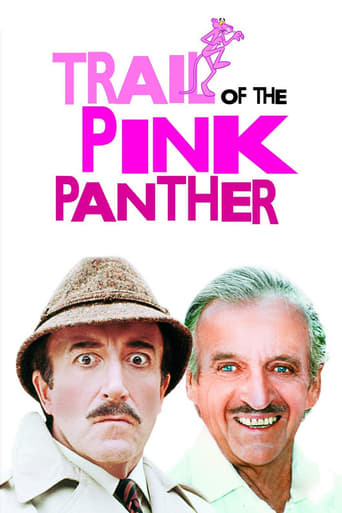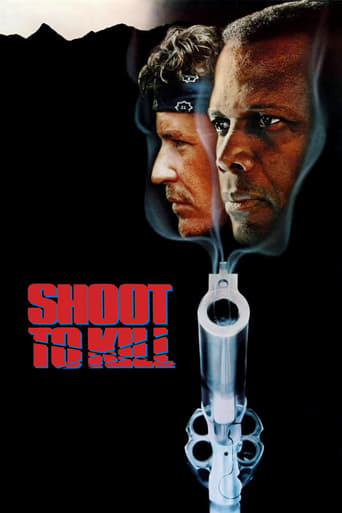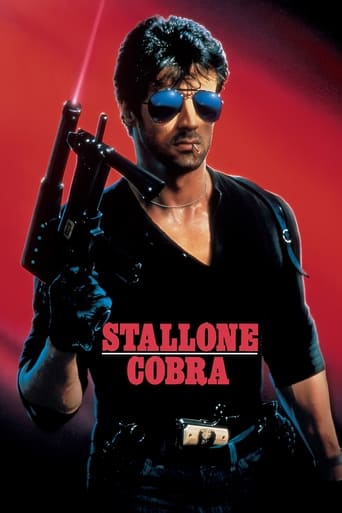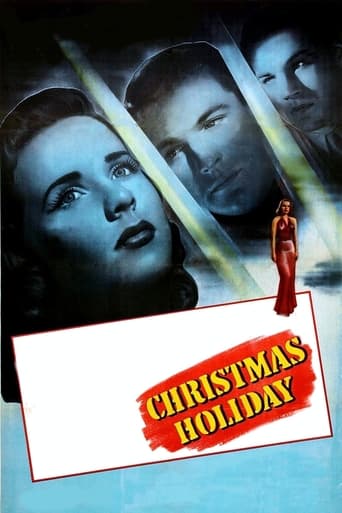
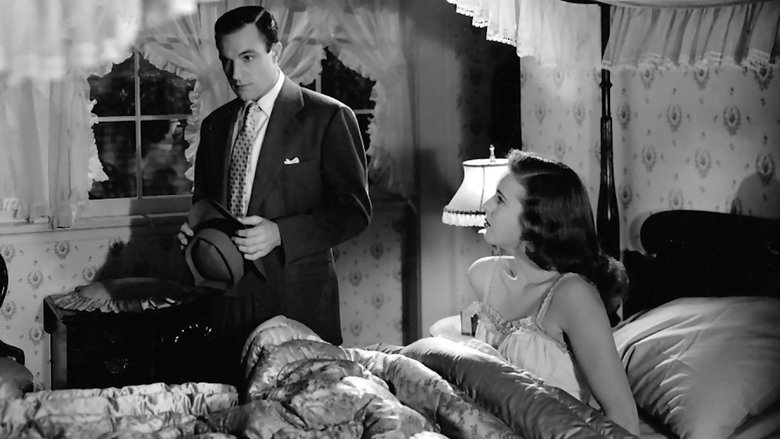
Christmas Holiday (1944)
Don't be fooled by the title. Christmas Holiday is a far, far cry from It's a Wonderful Life. Told in flashback, the story begins as Abigail Martin marries Southern aristocrat Robert Monette. Unfortunately, Robert has inherited his family's streak of violence and instability, and soon drags Abigail into a life of misery.
Watch Trailer
Cast
Similar titles
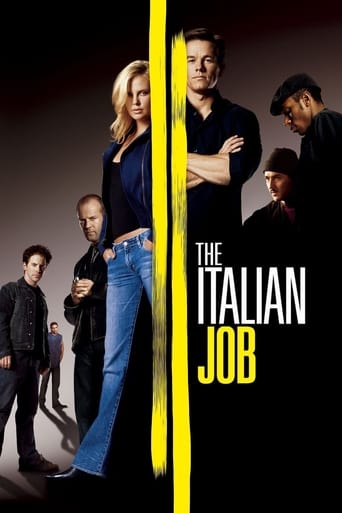
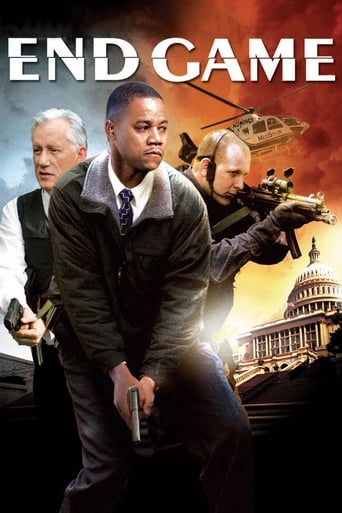
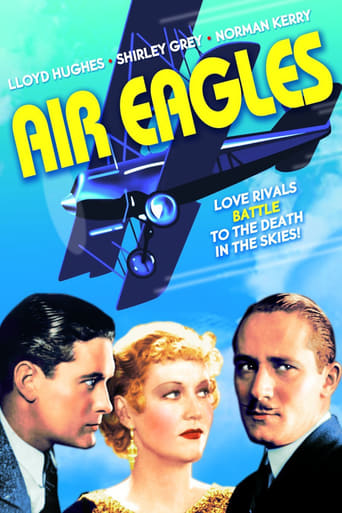
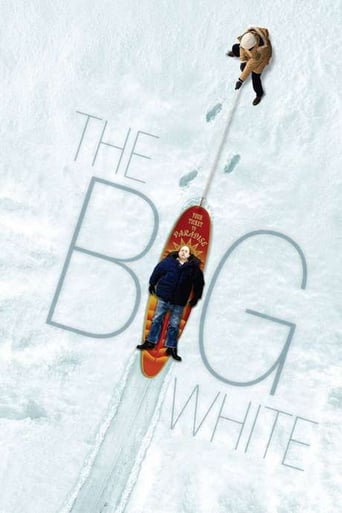
Reviews
Good films always raise compelling questions, whether the format is fiction or documentary fact.
This is one of the few movies I've ever seen where the whole audience broke into spontaneous, loud applause a third of the way in.
The movie's neither hopeful in contrived ways, nor hopeless in different contrived ways. Somehow it manages to be wonderful
It is a whirlwind of delight --- attractive actors, stunning couture, spectacular sets and outrageous parties. It's a feast for the eyes. But what really makes this dramedy work is the acting.
Stylish Hollywood film noirs, particularly such that emphasize cynical attitudes and sexual motivations were really big in the 1940s to the late 1950s. However, I never thought for once, that a big time studio like Universal, at the time, would market one, during the holiday season, but surprisingly, they did in 1944 with 'Christmas Holiday'. Although, the movie directed by Robert Siodmak was a huge success at the box office at the time. It hasn't aged well, overtime with general audiences. Partially, because of the forgettable generic title of the picture, the little reference to the event, and the fact that this movie isn't your typical, feel good, family friendly Frank-Capraism, Christmas film. Another reason, why this film doesn't stand out, much, is because the Hays Codes at the time, rejected many of the risqué themes from the 1939's novel of the same name like prostitution, misandrist beliefs toward war & politics, and the physical abusive toward women. This cause the film's version to be so water down, that it barely mirrors, the novel by W. Somerset Maugham. It was not a faithful adaptation. It was a far cry from the original. Instead, of having an rich naive bourgeois Englishman painter meeting a beautiful Russian woman who has chosen a life of prostitution as penance for her husband's sinful act of murder in Paris, France, the film screenplay written by Herman Mankiewicz change it to a wartime, bitter, U.S. military officer, meeting a beautiful tragic depress, nightclub American lounge-singer, trying to escape from her in-prison, murderous husband & his family, while on layover in New Orleans, Louisiana. Even the melodrama flashbacks, are different from the book. Instead, of the woman losing everything, due to her husband's actions during the Russian Civil War (1917-1922), causing her to live in physical abusive, poverty, outside of her own country. The film has the nightclub singer, "Jackie" AKA Abigail Manette (Deanna Durbin), lose everything, due to her ex-husband, Southern aristocrat Robert Monette (Gene Kelly)'s gambling, resulting her to live, in a somewhat quiet, yet gentler life. While, Deanna Durbin was a fine actress, in portraying melancholy, both in her singing and acting. Her character's struggles are merely adequate, and not as strong as the novel. In the book, we can understand, more on why the woman would still love her partner & why she choose the life of the prostitute. She sees her ex-husband's murderous actions as acts of desperation to survive, much like, her selling her body, in order to feed herself. While, in the film, it makes little to no sense, why Abigail would still continue to love Robert. Nor get the idea, that singing the blues is just as rough as prison-like. In the end, most of her scenes, come across, as over-dramatic. As for Gene Kelly as Robert. It's an astonishing change from his typical inconsequential musical fare, as he gave a pretty good yet, ominously performance, as a man with something to hide, while also coming across as very charming. You really can't tell, if he has ulterior motives or not, at times. As for Dean Harens as Charlie Mason. His character by far, the weakest of the trio, as much of his bourgeois original character was butcher to generic, American all-around boy-scout stereotype. However, he does do a good job, on being on edge at times, especially, at the beginning, where he finds out that his love to be, marry somebody else. Still, I wish, the movie made more, use of him. He's pretty much, has little to do or say, when Abigail begins tells her story. Much of this, has to do with the awkward story structure of the film, which carry from the novel. In the novel, the flashbacks are needed, as they were showing a different settling and time. In truth, much of this story of the film, could easily be, told in the present day, as the past events, are not so different from the present. Don't get me wrong, I understand, why they went with the oddly place, story structure, as a way for Abigail to slowly fall in love with Robert in the end, after first, exposing the mysterious, then reminiscing with Charlie, but I really could do, without the multiple flashbacks. The reasons, why, are very clear. It's highly slow down the pace. Scenes like the church & concert, went a little long. Even, musical numbers sung by Durbin like "Spring Will Be a Little Late This Year' by musical artist, Frank Loesser and "Always" by composer, Irving Berlin kinda dragging a times. Much of this movie, could had been told better, eliminating the irrelevant. Nevertheless, the atmospherically low-key black and white visuals by cinematographer, Woody Bredell with classic music were great. The use of shadows and silhouettes, were also pretty impressive. However, I can't say, this movie is the best film noir, I have seen. In the end, while, it was insightful, and intriguing. It falls short of being quietly profound. It's mediocre, at best. It would had dig darker depths, but falls into routine. No wonder, why it doesn't stand out.
I saw the last two scenes of this strange film when I was living in Germany. When American films are shown in Germany, and they have music, the dialogue is dubbed, but the songs remain in English. I always wanted to see the whole thing.Don't be fooled by the title "Christmas Holiday." This 1944 Universal film is no Christmas movie, but instead, a quasi-psychological story of obsessive love and guilt. Sounds just like a Deanna Durbin movie, doesn't it?Durbin here plays Jackie Lamont, who tells her story to a soldier, Charles Mason (Dean Harens) grounded in New Orleans during bad weather. He's received a telegram from his fiancée telling him she's married to someone else, but he's decided to take his Christmas leave in San Francisco anyway, possibly to confront her. When he can't leave New Orleans, a newspaperman, Simon (Richard Whorf) takes him to a club, Maison L'affite, run by Valerie (Gladys George). Jackie is a singer there and, like the other women who work there, talks to the male guests. There's a strong implication that they do something else for the male guests as well, but the code is in place so no one comes out and says it.At her request, Charles takes her to midnight Mass - I haven't heard a mass in Latin in decades - where she breaks down. Afterwards, she explains that she is in reality Abigail Martin, the wife of Richard Manette (Gene Kelly), in prison for killing a bookie. She tells him the whole story of how in love with him she was and still is, how they met at a concert, and how his mother (Gale Sondergaard) obviously knew something Abigail didn't know: that Richard was a charming, scheming, thieving weakling, and she was hoping Abigail could change him. She didn't.One night he comes home with blood on his trousers and a lot of dough. It's not long before he's put on trial for murder and found guilty. His mother blames Abigail, and Abigail changes her name to Jackie and goes to work at the club, apparently as some sort of punishment.This is pretty heavy going. It's suggested by a Somerset Maugham story - he wasn't known for light comedy. The casting of Durbin and Kelly is certainly interesting, plus the name. Imagine walking into a movie theater knowing nothing about this movie. You would assume you were about to see a cheerful musical.Durbin sings "Spring Will Be a Little Late This Year," and "Always," which she does beautifully. She was a good actress and able to pull off the drama.Kelly is a charmer in the beginning and then reveals his true colors. He was good, as was Gale Sondergaard.The theme from Tristan & Isolde is played at the concert and at the end of the film. Always surprises me to hear Wagner in a film made during World War II, because all the German arias were taken out of the compilations of arias for various voice types during the war. Nevertheless, it's quite an arresting theme. Tristan & Isolde is similar, and predates, the legend of Arthur, Guinevere and Lancelot. Its theme doesn't seem to have much to do with this movie.Deanna Durbin would leave films four years later and told an interviewer once that Universal was giving her worse and worse films. Given how much money she had made for them, the powers that be never knocked themselves out finding her good material."Christmas Holiday" is an aberration, but so odd and so oddly cast that it's worth seeing. I love Deanna, and I'll take her any way I can get her.
Before MGM decided that they would be the only ones commanding Gene Kelly's services, they did lend him out for two memorable roles. One was Cover Girl for Columbia which firmly established Kelly as a musical star and the second was as Deanna Durbin's co-star in Christmas Holiday. Deanna sang a couple of numbers, but Kelly didn't even tap his foot to keep time. Yet he showed he was an actor to be reckoned with.Through a combination of circumstances soldier on leave Dean Harens who was supposed to be getting married but has just gotten a 'dear john' letter is alone and at sea in New Orleans and meets up with Deanna Durbin who is singing in a nightclub. Trying to console each other Durbin tells the story of her marriage to Gene Kelly who has enough charm for ten men, but at heart is a wastrel. The blood of the original French settlers in the New Orleans are has become pretty thin. He lives with his mother Gale Sondergaard in genteel poverty. Sondergaard's hopes is that marriage might straighten her boy out, but that doesn't work out. Kelly kills Cy Kendall, a bookmaker he's into for some big bucks and eventually the cops catch up with him.But that is hardly the end of the story as both Harens and Durbin learn a lot about life and love in that Christmas Holiday season.New song that Deanna sings is Spring Will Be A Little Late This Year and Irving Berlin's classic Always is given a fine rendition. Christmas Holiday got an Oscar nomination for Best Musical Scoring in 1944.But it's both Deanna and Gene's acting is what you'll remember most from Christmas Holiday.
I've never really understood the fascination or the popularity of Deanna Durbin. I've seen a few of her films and she's just not much of an actress. I guess because in most she tries to be a comedienne and to me...it doesn't work. Not so in this case.A solider is heading home to marry his girlfriend. Just before he leaves he gets a dear john letter saying she has married someone else. He thinks he can change things by going back early but weather conditions strand him in a small town near New Orleans. He ends up at a bar and then a "Cat House" where he meets a singer who's also one of the regulars at the place. He listens to her life story and it's a tragedy. She tells of her fast marriage to a nice guy gambler type but was really a go nowhere type to begin with. He ends up killing somebody and from there it's remembrances and tales of the past. Maybe his girlfriend marrying someone else doesn't pale in comparison to this girl's life.They don't say it outright but basically Mrs. Durbin plays a prostitute who happens to sing in a Cat House. It's inferred slightly but it only enhances how down and out her life had become. I imagine this was a different type of role for Deanna Durbin so she took it. This is no comedy or uplifting tale. It's a down and out film about where life can take you after bad things happen.I liked it for what it was. It's not perfect but it's entertaining and a load off to see Durbin do something other than bad comedies.
